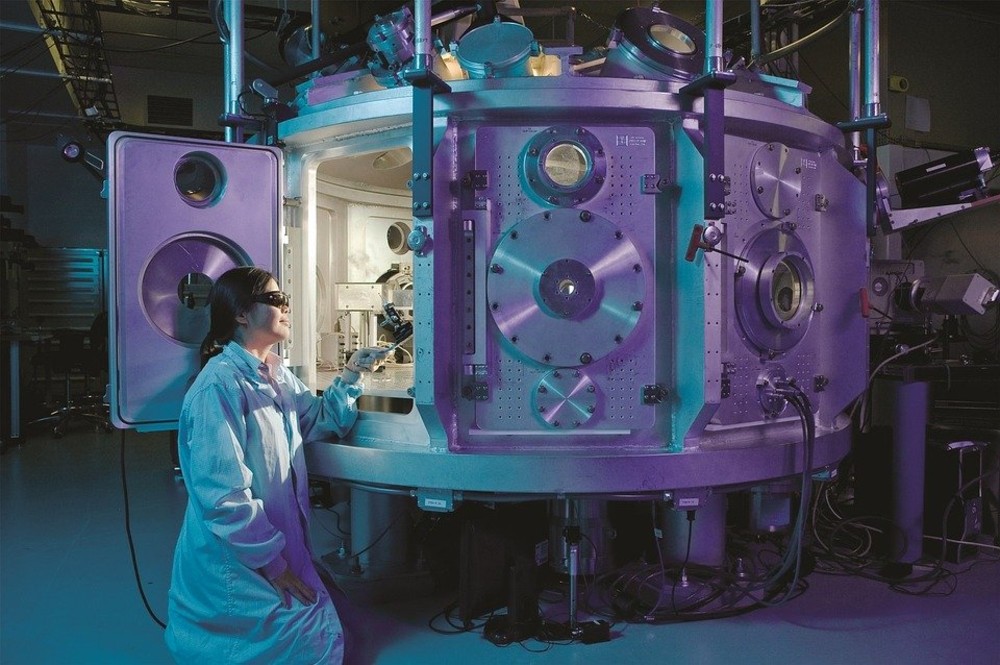Vanadium dioxide (VO2) can conduct electricity but not heat. This phenomenon has baffled scientists because the law is that a good conductor of electricity should also be a good conductor of heat.
The Wiedemann-Franz Law, which states that a good conductor of electricity is also a good conductor of heat, is being contradicted by new research from the US. A team of scientists has found a metal that does not follow this textbook law. The law which explains why things like appliances and motors get heated up when they are used for a long time is not applying for this metal.
Discovery of a metal that conducts electricity and not heat
The research has defied our understanding of how conductivity work. The law did not apply to vanadium dioxide (VO2), a metallic substance known for its strange abilities, which include being a transparent insulators below 67 degrees Celsius (152 degrees Fahrenheit) and a conductive metal above that temperature.
Lead researcher Junqiao Wu from Berkeley Lab’s Materials Sciences Division back in January 2017 was baffled by these unexpected findings. He said that the findings broke all the textbook rules known about conductivity. However, he was optimistic that this finding would help the researchers understand conductivity from a different angle.
One of the applications that such a technology can have is the development of electrical appliances. Experts have indicated that such an understanding could lead to the development of appliances that could be able to transform heat emitted back to electricity, thus saving power.
Applicability of electricity and heat conductivity
In the past, researchers had been able to establish a few metals that had a better electric conductivity than heat. But this could only be achieved at hundreds of degrees Celcius below zero. This meant that these metal had little real-world application.
However, for vanadium dioxide, the metal can display these characteristics at high temperatures, something that had never been observed. This makes it viable for practical usage.
Researchers also found that, when vanadium dioxide was mixed with impurities such as metal tungsten, they could control the conductivity of both electricity and heat. This will prove a significant discovery that will have a lot of applicability in the future.
More research will need to be conducted on this phenomenon but it has already proven that it will have a lot of applicability. Researchers have already started formulating how they use these findings commercially.
Featured image by Pixabay







